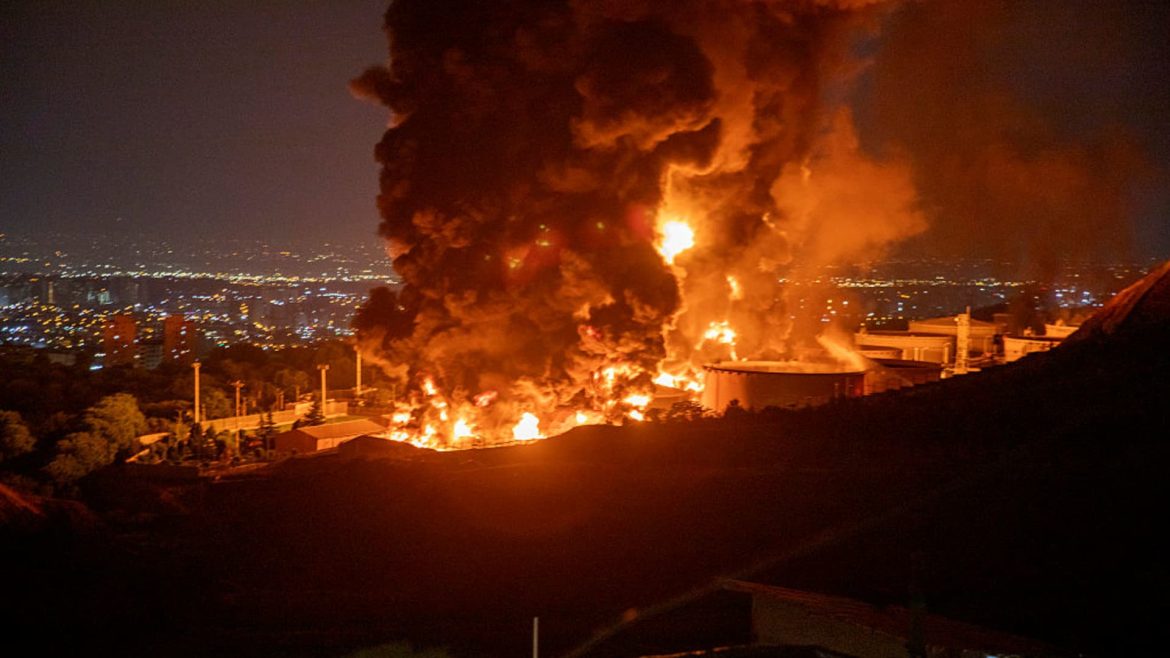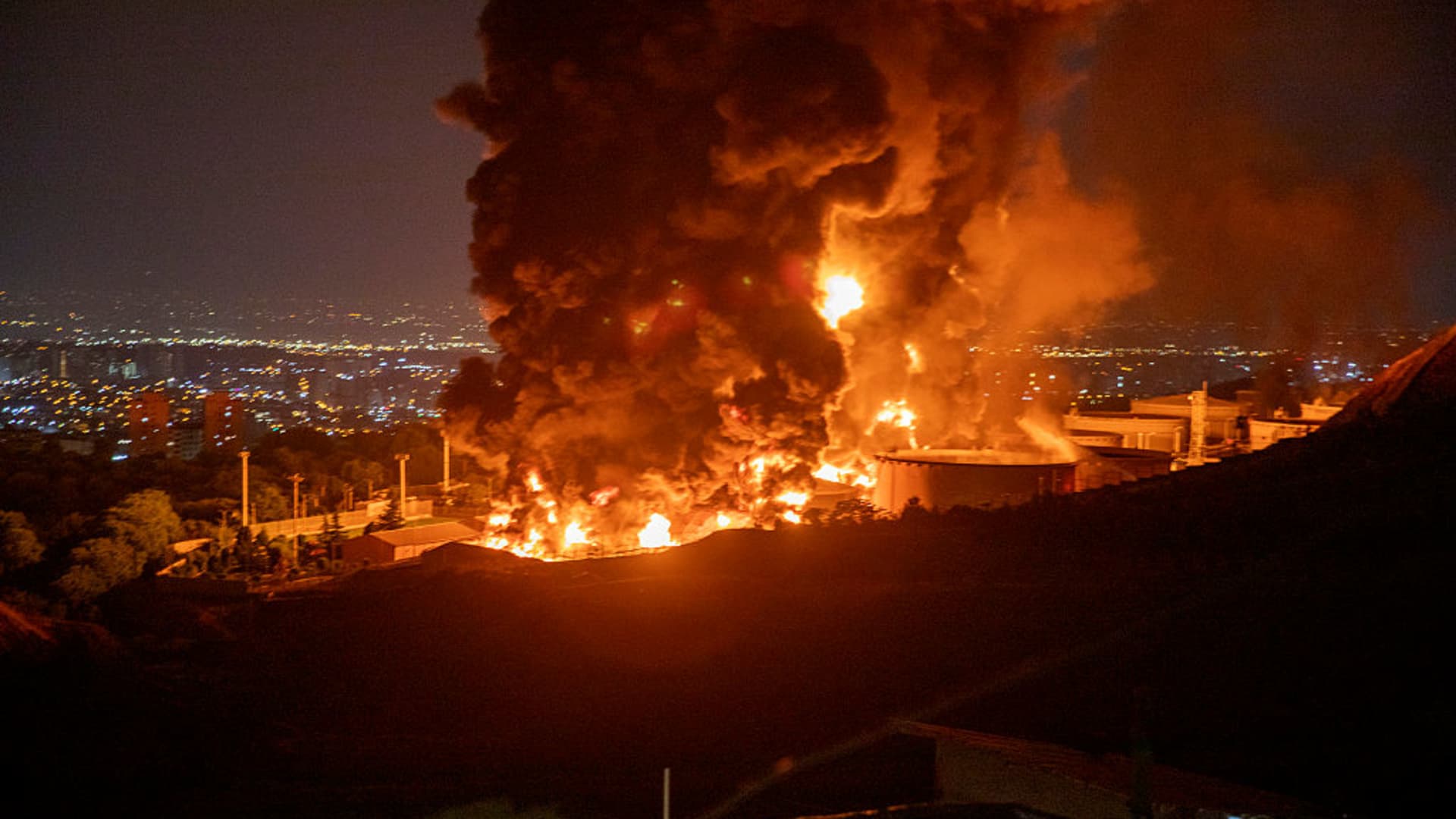The recent surge in geopolitical tensions between Israel and Iran has triggered profound ripples in the global financial markets, notably impacting stock indices and energy prices. A detailed examination of the market reactions reveals intricate interplays between geopolitical events and economic outcomes, highlighting vulnerabilities in global energy supply chains and investor sentiment.
Geopolitical Sparks: Israel’s Military Strikes on Iran
The latest escalation erupted as Israel conducted airstrikes targeting Iran’s nuclear and energy infrastructure, including natural gas facilities. This calculated military move has unsettled the regional balance of power, inflaming fears of broader conflict in the Middle East—a critical nexus for global energy production. The targeted strikes, reported to have included key nuclear sites and natural gas installations, underscore Israel’s strategic intent to disrupt Iran’s energy capabilities amid rising hostilities.
Immediate Market Fallout: Stocks Dip, Oil and Gold Surge
The initial response from world stock markets was sharply negative, with widespread declines as investors moved away from equities perceived as risky under the shadow of conflict. Sectors tied to energy and defense demonstrated heightened volatility, reflecting reallocation amid the uncertainty. In contrast, commodity markets saw a flight to tangible safe-haven assets:
– Oil Prices: Crude oil futures surged dramatically, often exceeding 3% gains within single sessions and at times spiking as high as 7-13% on key days following the attacks. Brent crude approached and surpassed $74-$78 per barrel, levels not seen since earlier in the year. This rally represents the largest daily percentage increases in oil prices since 2022.
– Gold and Other Safe Havens: Alongside oil, gold prices also ascended amid investor anxiety, reflecting the traditional hedging role of precious metals during geopolitical turmoil.
The twin market reactions—falling equity values and soaring commodity prices—accentuate the uncertainty surrounding supply disruptions and the risk premium associated with Middle Eastern energy exports.
Structural Vulnerabilities Exposed: Energy Supply and Inflationary Pressures
The strikes against Iran’s energy infrastructure have highlighted the fragility of global energy supply chains, especially given the strategic importance of the Strait of Hormuz, through which a significant portion of world oil transits. The disruption or threatened disruption of supply routes is fueling market fears of tighter global energy availability, which carries several economic consequences:
– U.S. Domestic Impact: Forecasts indicate that natural gas price jumps may translate into roughly 4% higher residential electric bills across the U.S. during the summer, intensifying inflationary pressures already felt by consumers. Gasoline prices are also expected to escalate, influenced by the ripple effects of crude oil price hikes.
– Broader Economic Risks: Elevated energy costs can slow global economic growth by increasing production and transportation expenses, squeezing consumer purchasing power, and complicating central bank inflation targeting strategies.
Investor Behavior and Future Market Trajectories
In the immediate term, markets are exhibiting cautious but clear risk aversion, with funds flowing into energy stocks benefiting from higher prices, even as broad equity indices retract. The surge in oil prices has bolstered energy sector valuations; however, the overarching sentiment remains wary due to geopolitical unpredictability.
Given the persistent threat of an expanded conflict involving Iran’s retaliatory actions and potential disruption of major oil supply channels, the potential exists for prolonged volatility. Investors and policymakers must contend with these uncertainties while monitoring developments closely.
Conclusion: The Stakes of a Geopolitical Energy Crisis
The confluence of Israel’s military strikes on Iran and subsequent market reactions crystallizes how sensitive the global economy is to Middle Eastern geopolitical shifts. The swift reaction of stock markets and energy commodities reveals the delicate balance between supply security and geopolitical risk premiums that dominate investor calculus.
As oil prices soar and stock markets falter, the world stands at a crossroads where energy security, economic stability, and diplomatic resolution intersect. The unfolding situation demands vigilant analysis, readiness for volatility, and adaptive strategies by governments and markets alike to navigate the complex dynamics of this emerging crisis.





